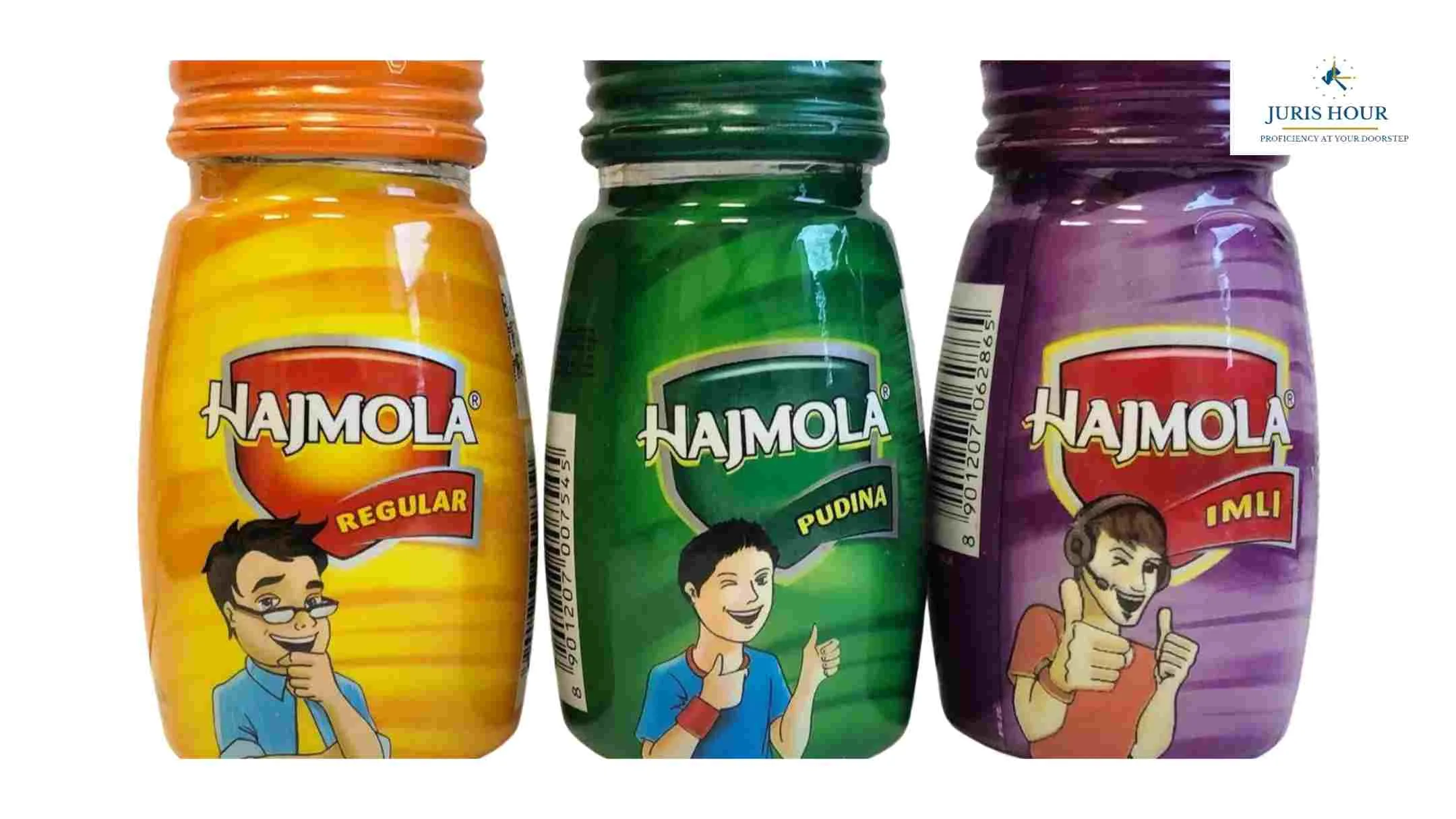Dabur’s iconic digestive product, Hajmola, has come under fresh regulatory scrutiny as the Directorate General of GST Intelligence (DGGI) has issued a show-cause notice to the company over its tax classification. At the heart of the matter lies the question: Should Hajmola be taxed as a regular candy or as an Ayurvedic formulation?
Sources confirmed to businessline that the show-cause notice was served following the conclusion of a detailed investigation. Prior to this, Dabur had been summoned by the DGGI and had submitted its responses during the inquiry. The classification dispute holds significant tax implications — while regular candies attract an 18% GST, Ayurvedic formulations are taxed at a lower rate of 12%.
The company, known for positioning Hajmola as a traditional digestive aid, has so far not issued a comment on the latest developments.
This is not the first time the classification of Hajmola has come under legal review. During the pre-GST era, a similar controversy reached the Supreme Court. In 2002, the apex court upheld a decision by the then CEGAT (now CESTAT), which ruled that Hajmola Tablets were to be considered Ayurvedic medicines, reinforcing Dabur’s stance at the time.
With GST classification directly impacting tax liability, the latest move by the DGGI could potentially reopen a long-standing debate over how traditional consumer health products are treated under the modern tax framework.

